Our purpose is to nourish the world. And that purpose begins with our people.
Our 160,000 colleagues help address some of the biggest global challenges in food and agriculture. They help our farmer, rancher and producer partners raise the food that feeds billions of us every day. This enables our customers to keep shelves stocked with everything from feed to food to personal care products.
It’s a big responsibility that takes a wide range of experiences, ideas and talents. That’s why Cargill is committed to making the future of food and agriculture more diverse, equitable and inclusive.
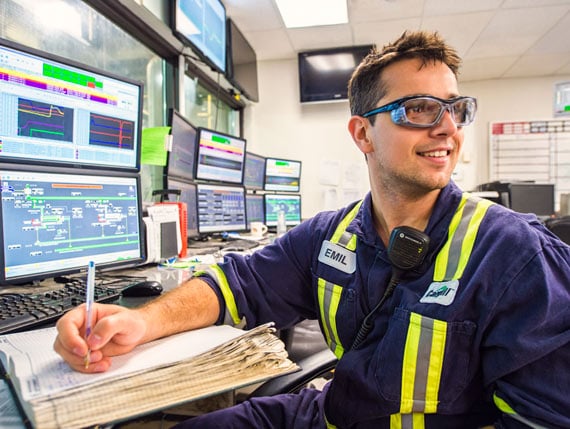
Inviting all perspectives
When you work at Cargill or partner with us, you will see we are working hard to build inclusive teams to unleash the power of diversity. It’s in our values to put people first. It’s what empowers us to innovate for our customers. It’s what inspires us to invest in local communities.
Leadership takes focus. And when it comes to diversity, equity and inclusion, we haven’t always moved fast enough or decisively enough — as a company and as a society. That’s why Cargill is redoubling its efforts. We’re working harder to invite all perspectives into our journey to nourish the world in a safe, responsible, sustainable way.
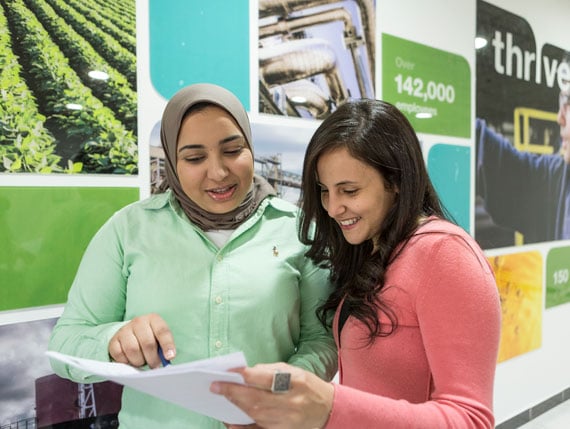
Building a more diverse, equitable and inclusive team
Inside our company, we’re committing to diversifying our team globally through gender parity and regionally by identifying and working to advance underrepresented groups in leadership. We are specifically focused on fighting anti-Black racism in Brazil and the United States due to its deep historical roots and persistent systemic issues.
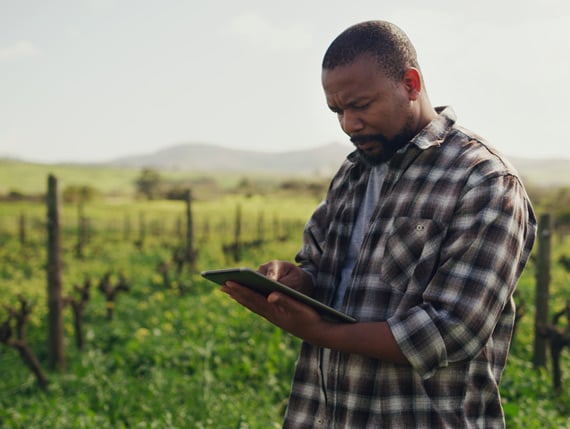
Advancing diversity, equity and inclusion in our supply chains
Cargill has a unique opportunity — and a unique responsibility. Our work spans the supply chain from field to finished goods. No one party to this process has all the answers, including Cargill. But by bringing in a greater range of participants, we can find solutions together.
In the United States, we’ve partnered with the National Black Growers Council and 100 Ranchers, for example, to launch the Black Farmer Equity Initiative. This effort builds on our long and proven investment in farmer livelihoods.
Today, Black farmers make up less than 2% of the United States’ 3.4 million farmers. Systemic injustices, such as property rights and racist lending practices, have created inequities for generations. By working with customers, non-profits and others, we aim to help increase the participation of and profitability of Black farmers.
We know that we’ll need to continue to learn. We know that we’ll need to be vigilant — applying a diversity, equity and inclusion perspective to all our work, from our job descriptions to our choice of suppliers, holding ourselves accountable as we would to any other business goal. We also know this is a “must.” Our future, and our future ability to nourish the world, depend on it.
Leading from the top
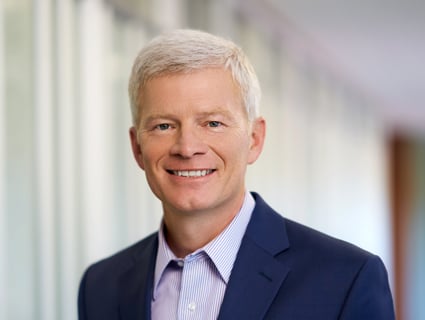 Cargill is committed to leading the change our industries and communities urgently need. Working with our employees, customers, and community leaders and institutions around the world, we must and will drive greater diversity, equity, and inclusive opportunity in food and agriculture.
Cargill is committed to leading the change our industries and communities urgently need. Working with our employees, customers, and community leaders and institutions around the world, we must and will drive greater diversity, equity, and inclusive opportunity in food and agriculture.
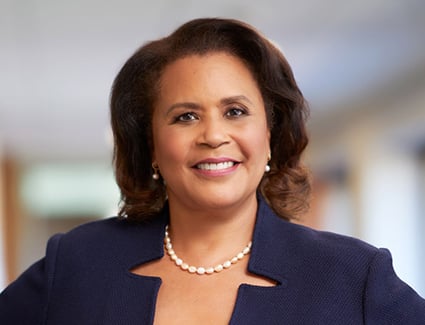 It will take our collective brain power and willpower to institute sustainable change. Each of us must take an active role in this movement.
It will take our collective brain power and willpower to institute sustainable change. Each of us must take an active role in this movement.
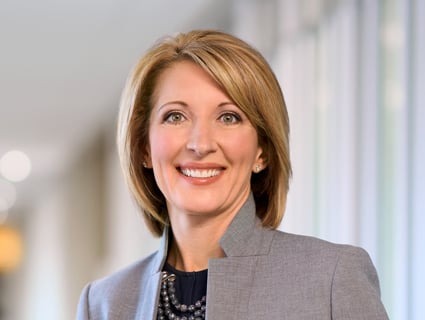 Commitment and passion are important, but to really see impact, we are focusing on outcomes and holding ourselves accountable to create an environment where every member of our team has an equal opportunity to thrive.
Commitment and passion are important, but to really see impact, we are focusing on outcomes and holding ourselves accountable to create an environment where every member of our team has an equal opportunity to thrive.
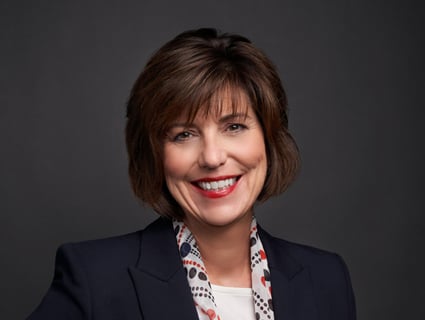 It will take every one of us to be the change we wish to see in the world – to challenge and overcome our own unconscious bias, to show kindness and acceptance to those who are different from us, and to be a role model of inclusive behavior.
It will take every one of us to be the change we wish to see in the world – to challenge and overcome our own unconscious bias, to show kindness and acceptance to those who are different from us, and to be a role model of inclusive behavior.
We’re taking global action with local focus
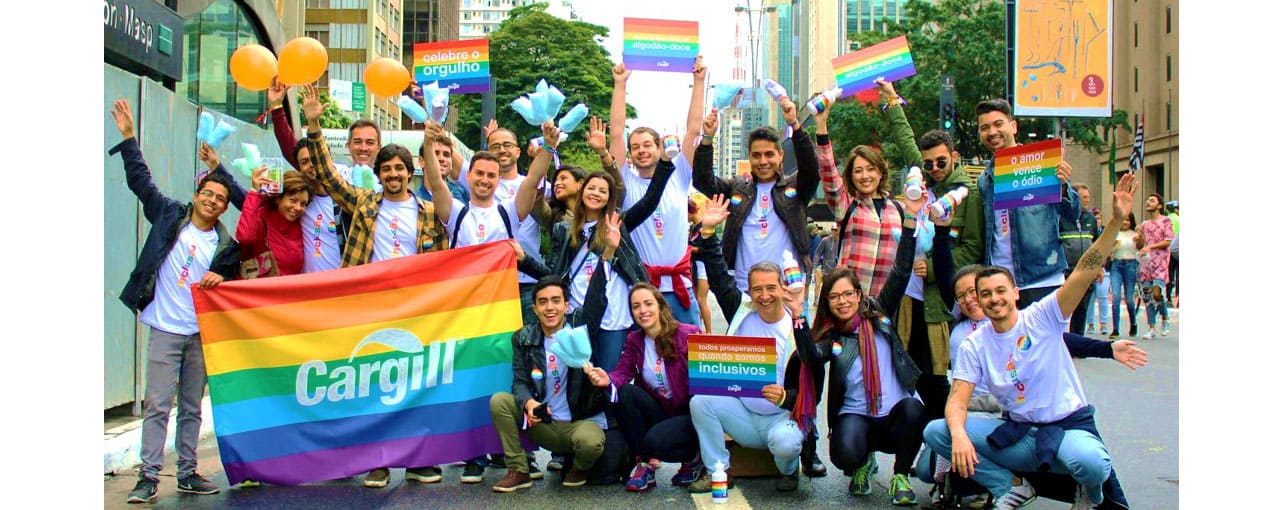
Business Resource Groups (BRGs) are networks of Cargill employees who are furthering the recruitment, retention, advancement and recognition of employees around the world. The business resource groups we have today include:
- Cargill Ebony Council: The Cargill Ebony Council continuously strives to build an inclusive environment that fosters and supports the full participation of Black, African American and Pan-African employees in reaching their full potential.
- Cargill Ability Network: The Cargill Ability Network supports Cargill’s efforts in creating and maintaining an inclusive workplace where people of all abilities can be empowered to achieve outstanding results for themselves, their teams and their communities.
- Cargill Pride Network: The Cargill Pride Network fosters an equitable, safe and supportive business environment for lesbian, gay, bisexual and transgender employees, their allies and business associates.
- Cargill Hispanic-Latino Council: The Cargill Hispanic-Latino Council fosters an environment where Hispanic and Latino employees can develop their full potential for the overall enrichment of our communities and the success of Cargill.
- Cargill Veteran Military Support Network: The Cargill Veteran Military Support Network recognizes, supports and encourages members of the United States military, veterans and their families. We also serve as a recruitment and retention resource, meeting the unique needs of this segment of the U.S. workforce.
- Cargill Women’s Network: Cargill Women’s Network empowers all women who work at Cargill by building advocacy and sponsorship of women globally, while advancing Cargill’s global gender parity aspirations.
- Cargill Young Professionals Network: The Cargill Young Professionals Network is a dynamic and diverse group of ambitious peers with a passion for making a difference, a willingness to learn and the desire to develop and build meaningful relationships.
- Cargill Asian Alliance Network: Cargill’s Asian Alliance Network is committed to creating an inclusive culture that recruits, retains and develops Asian and Pacific Islander talent and encourages Cargill employees of Asian descent to socialize, celebrate and learn from each other.
Learn more about our commitment to:
Gender Parity
Cargill signed on as a founding member of Paradigm for Parity in 2015, the same year we made our global commitment to gender parity. Find out more about our commitment and women who thrive at Cargill below.
Anti-Black Racism
We reject all forms of racism and will work to remove structural barriers for all underrepresented groups. We are emphasizing anti-Black racism because of its deep historical roots and the systemic injustices that persist today.
Regional Priorities
Cargill is a global company operating in 72 countries. If we want to fully engage our people and the communities where we live and work, we need to focus on what’s most important at a regional and local level. Our Regional Diversity Councils are defining focus areas and goals that are most important in their part of the world.
To learn more about our efforts to date, check out the following stories:
How we’re working to dismantle anti-Black racism in the United States and Brazil
We are focusing on anti-Black racism in the United States and Brazil to start, because of the need for action now and our presence in these communities. To meet this need, we began by examining ways to remove systemic barriers in partnership with our colleagues, our communities, our suppliers and our customers. Here are a few examples of how we’re driving change:
- Checking our progress. Cargill signed onto the Black Equity at Work certification, which objectively assesses our progress in representation, equitable business practices, and contributions and investments.
- Improving hiring practices. We’re taking practical steps to remove barriers and create more jobs for Black Americans. We joined the OneTen Coalition, a group of businesses coming together to upskill, hire and advance one million Black Americans over the next 10 years into family-sustaining jobs with opportunities for advancement.
- Building an inclusive environment. More than 10,000 employees engaged with Black History Month through programs created by Cargill’s Ebony Council designed to educate and increase awareness. In addition, Cargill held a live broadcast with our CEO on Racial Equity in Food & Ag.
- Investing in our communities. Cargill invested more than $10 million in 2020 to support Black, Indigenous and people of color (BIPOC) children and families in our headquarters community of Minneapolis-St Paul, the United States and beyond through education, mentoring, nutrition and digital access programs.
- Investing in education. Cargill Brazil sponsors Lift project – A program for low-income Black university students that provides full scholarships (including transportation and materials) for a 2-year English course and career development.
- Creating employment opportunities. Established a program to provide apprenticeships for Brazilians who are Black and for Brazilians who identify as Trans.
- Tackling corporate racism. Cargill Brazil signed the Business Initiative for Racial Equity in 2019 to overcome racism in the corporate environment and throughout its value chain.
A Sample of Partnerships and Memberships
- United Nations Women’s Empowerment Principles (UN WEP): Cargill is a signatory to the United Nations Women’s Empowerment Principles (WEPs) as part of its commitment to promoting gender equality and women’s empowerment in the workplace, marketplace and community.
- OneTen: A coalition of companies committing to upskill, hire and advance one million Black Americans by 2030.
- Management Leaders of Tomorrow (MLT): MLT Black Equity at Work Certification offers a standard for what “good” looks like for Black equity.
- Minnesota Business Coalition for Racial Equity: A coalition of more than 80 organizations has come together to build a better future for Black Minnesotans.
- We Are All Human (Hispanic Promise): The Hispanic Promise is a national pledge to hire, promote, retain and celebrate Hispanics in the workplace.
- Paradigm for Parity: The Paradigm for Parity® movement is a coalition of business leaders dedicated to achieving gender parity.
- Catalyst: Catalyst is a global nonprofit working with leading companies to build workplaces that work for women.
- Human Rights Campaign (HRC): HRC strives to end discrimination against LGBTQ people. Cargill has scored 100% on the HRC Corporate Equality Index for the last 19 years.
- DisabilityIN & Disability Equality Index (DEI): DisabilityIN is the leading nonprofit resource for business disability inclusion worldwide.
- CEO Action Network: CEO Action for Diversity & Inclusion™ is the largest CEO-driven business commitment to advance diversity and inclusion in the workplace.
